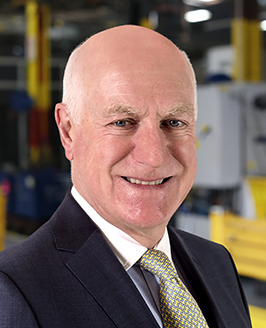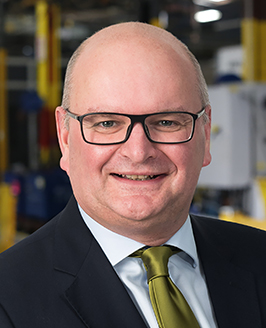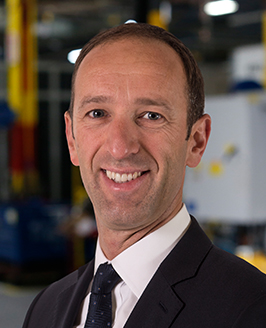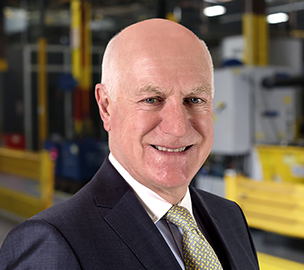The Weir Group PLC
Annual Report and Financial Statements 2017
2017 saw the Group take full advantage of the improvement in our main markets by leveraging our business model and effectively delivering our strategy to produce increased value for our stakeholders.

Key statements
Click on the relevant links to read the full statements from our Chairman, Chief Executive Officer and Chief Financial Officer and watch Jon Stanton discuss our full year results for 2017.
Our divisions
At a glance
- Weir Minerals
- Weir Oil & Gas
- Weir Flow control
Weir Minerals is a global leader in the provision of mill circuit technology and services as well as the market leader in slurry handling equipment and associated aftermarket support for abrasive high wear applications. Its differentiated technology is used in mining, oil and gas and general industrial markets around the world.
View Performance in detail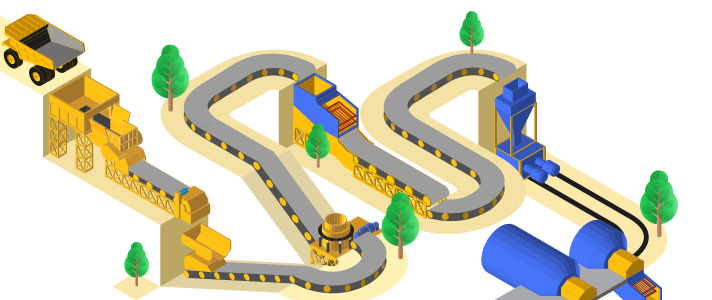
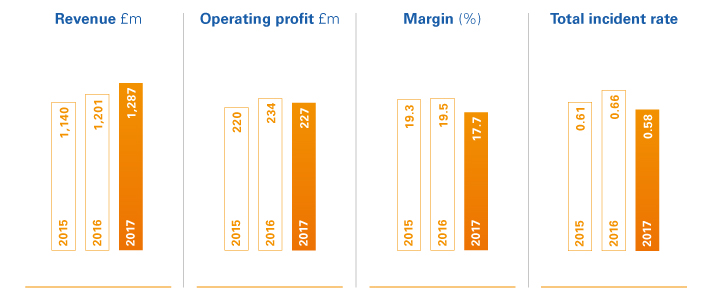
Weir Oil & Gas provides highly engineered and mission-critical solutions to upstream markets. Products include pressure pumping and pressure control equipment and aftermarket spares and services. Internationally, we provide equipment repairs, upgrades, certification and asset management, and field services.
View Performance in detail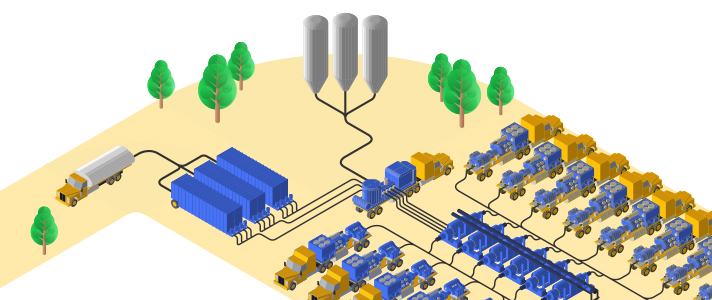
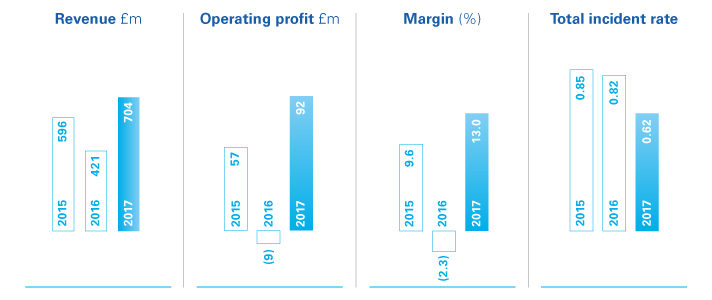
Weir Flow Control designs and manufactures valves and pumps. It also provides specialist support services to the global power generation, industrial, oil and gas and other aftermarket-orientated process industries.
View Performance in detail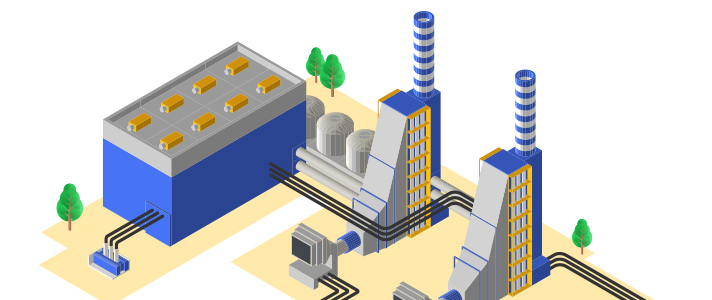
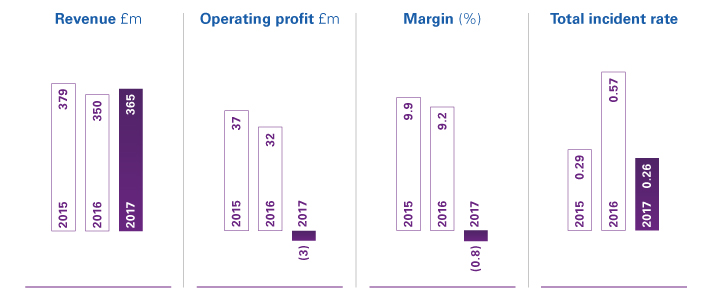
Our market drivers
Responding to a changing environment
- Global population and migration trends
- Climate-driven change
- Socio-economic environment
- Technology acceleration

The world’s population was estimated to be 7.4 billion people in 2017, with the latest analysis from the United Nations suggesting it could grow to 8.3 billion by 2030 – a growth rate of 83 million people annually.
While the pace of growth has slowed in recent years, the upward trend continues. As a result, and supported by increased urbanisation, demand for natural resources and energy, which drives the Group’s primary markets, is expected to continue to rise.
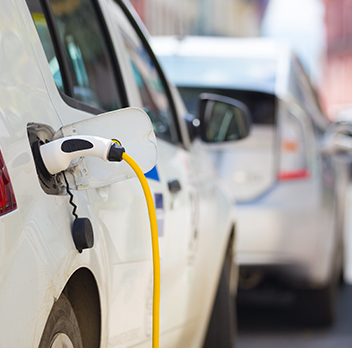
Concerns over climate change has led a number of countries to set long-term targets to ban the sale of cars powered only by fossil fuels. The UK and France have said any ban would take place after 2040, while China has not set a specific date.
Moves to reduce emissions and increase the use of electric vehicles is likely to have a long term impact on commodities such as oil, while also increasing demand on other sources of energy, from natural gas to wind and solar.

The global policy environment is evolving with increased political uncertainty in some regions as the benefits of globalisation are questioned and trade pacts are renegotiated.
Global economic growth continues to increase with emerging economies such as India and China experiencing the largest percentage increases. Meanwhile, many governments have made infrastructure investment, both domestically and internationally, a priority.
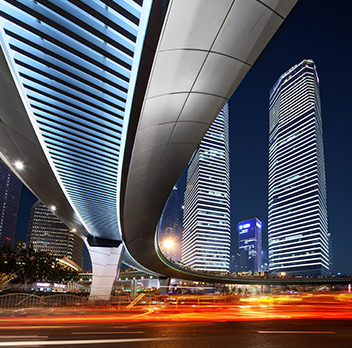
The digitisation of industrial products and services is a major technology trend. It includes the so-called ‘Internet of Things’ (IoT) that combines sensors, cloud computing and big data analysis to offer opportunities to increase productivity and create new solutions.
At the same time, advanced manufacturing techniques, including 3D printing, continue to improve offering opportunities for factories and other industrial facilities to become more efficient in the future. Innovation in materials science also offers the potential to provide alternative production methods.
Our business model
Maximising value
Our vision
To be the most admired engineering business in our markets.
Our mission
To enable our customers to sustainably and efficiently deliver the energy and resources needed by a growing world.
Our strategy
Strategy at a glance
To achieve the Group’s vision and mission, we leverage our business model and focus on four distinctive competencies: People, Customers, Technology and Performance.
What we said we would do in 2017
- Implement a new safety charter and embed behavioural safety.
- Re-invest in leadership and development programmes.
- Improve diversity and conduct an employee engagement programme to support the We are Weir strategy.
What we achieved in 2017
- 20% improvement in total incident rate to 0.53 – implemented a new Safety Charter and rolled out a Group-wide behavioural safety programme.
- Increased female representation at both Board and senior management levels with every business developing diversity and inclusion improvement plans to widen the Group’s talent pool.
- Refreshed leadership training and undertook a global programme of increased employee engagement to embed We are Weir.
Priorities for 2018
- We will develop best-in-class behavioural safety.
- We will build organisational capability.
- We will develop a culture of the future that inspires our people to build a personal legacy.
Medium term key performance indicators
- Improved sustainable engagement score and increased organisational effectiveness.
Associated principal risks
- Safety, Health and Environment.
- Staff recruitment, development and retention.
- Technology and innovation.
- Political and social risk.
What we said we would do in 2017
- Pursue more long-term relationships with customers.
- Shift from product focus to solutions mindset.
- Improve customer insights into new product developments.
What we said we would do in 2017
- Minerals grew orders ahead of sustaining capital spending and increased its order book by spending more time on customers’ sites and investing in additional sales, project and product management experts in addition to opening eight new service centres.
- Oil & Gas leveraged its key account system to further embed Weir among Tier-1 oilfield service customers in North America and fully capture its share of the North American market upturn.
- Flow Control restructured its sales and marketing capability to better leverage its divisional product portfolio across a greater number of international markets and EPC customers delivering good aftermarket order growth.
Priorities for 2018
- Increase revenues from service centre networks.
- Increase number of customer partnerships on technology development and trials.
- Develop improved Voice of Customer.
Medium term key performance indicators
- Increased market share.
Associated principal risks
- Market volatility.
- Contract risk.
- Political and social risk.
- Technology and innovation.
What we said we would do in 2017
- Expand customer digital offering.
- Broaden skills base to reflect digitisation of industrial products.
- Embed new innovation framework throughout the organisation.
What we achieved in 2017
- Completed a new technology roadmap to be implemented from 2018 with a focus on digital solutions, advanced manufacturing, materials science and water and energy efficiency.
- Deployed Synertrex®, the Group’s Internet of Things (IoT) platform, to initial customer sites within the Minerals division to enable better monitoring and maintenance of assets.
- Oil & Gas introduced the Simplified Frac Iron System that increases safety and reduced downtime on frac sites.
Priorities for 2018
- Progress commercialisation of Weir digital agenda.
- Further develop additive manufacturing capability.
- Develop Weir innovation framework.
Medium term key performance indicators
- Increased percentage of revenues from new solutions.
Associated principal risks
- Technology and innovation.
- IT security and continuity.
What we said we would do in 2017
- Improve operational performance including on time delivery and inventory turns.
- Reinvigorate lean disciplines and simplify value chain excellence process.
- Embed customer and Weir sustainability goals in value chain improvements.
What we achieved in 2017
- Minerals reconfigured its manufacturing facilities and supply chain to increase capacity ahead of the anticipated upturn in the mining capital cycle.
- Oil & Gas delivered an excellent operational performance, ramping up its supply chain and workforce to enable its main manufacturing facility to double manufacturing volumes while also delivering significant operating leverage.
- Baseline Value Chain Excellence scores were established for each business with improvement plans and training in place to further improve inventory turns and shorten lead times.
Priorities for 2018
- Improve VCE score.
- Progress IT infrastructure and systems development.
- Begin to implement sustainability strategy.
Medium term key performance indicators
- Sustainably higher margins through the cycle.
Associated principal risks
- Ethics, governance and control.
- Value Chain Excellence.
- Market volatility.
- Contract risk.
- Safety, health and environment.
- Technology and innovation.
- IT security and continuity.
- Political and social risk.
Sustainability review
Sustainability underpins the Group’s strategic business priorities and is intrinsic to our values.
People are at the heart of the Group’s ‘We are Weir’ strategy with our commitment to caring for our colleagues, our neighbours and the environment and inspiring them all to flourish.
The quality and commitment of our people has always been a competitive advantage for the Group, from the engineers that design our equipment to the operations staff who manufacture it and the on-site experts who support our customers around the world.
As a business that relies on a high performance culture, we appreciate the importance of offering our people the opportunity to fulfil their potential and provide a workplace that keeps them safe, engaged and inspired to do the best work of their lives.
To achieve that, we invest in safety programmes, learning and development opportunities and leadership. We are also committed to developing a new sustainable engagement score to measure our progress in developing an even more effective organisation.
In addition to developing our employees, the Group takes its responsibility to developing the next generation of employees seriously. This includes supporting programmes that encourage more young people to consider engineering as a career.
At Weir, we are proud to be a business which strives to achieve the highest ethical standards and sound business principles. This is firmly reflected in our corporate values and in our Code of Conduct. We understand our role in the communities we work in, and beyond, and the influence we can have to drive change.
We also recognise the responsibilities that we share with our suppliers and we remain committed to establishing open and transparent relationships with them.
We are committed to business integrity and high ethical standards. We operate under a Code of Conduct which promotes honest and ethical behaviour and our aim is to ensure that our customers, suppliers, investors, employees, and the communities where we operate have the confidence to trust us.
Weir is a global business which operates in over 70 countries. We set clear expectations for how each of our businesses should interact and engage with people and other organisations.
Wherever we operate in the world, we aim to:
- enhance the local community by running our operations safely, ethically and responsibly;
- respect the communities we operate in; and
- invest in the communities for the long-term mutual benefit of the community and Weir.
We strive to build close relationships in our communities by keeping local people informed about projects which might affect them. If issues arise, we listen and do our best to help to find a solution. Our Ethics Hotline is available for any individual to use if they wish to raise concerns about ethical and compliance-related conduct involving any Weir Group company.
We are committed to doing business responsibly and sustainably. How we operate is just as important as how we deliver financial success.
We believe that acting in an environmentally sustainable way protects and creates long term value, not just for our shareholders, but for all our stakeholders, and supports the long-term future of our business.
In a competitive world with finite resources, managing the environmental performance of our operations makes good business sense. We actively invest in research and development through our central research and development hub as well as through its network of academic research partners in some of the world’s leading universities.
This enables us to develop and exploit emerging technologies to create new products for our end markets and provide competitive advantages to our customers through leading edge technology, with improved operational efficiency and environmental management, reduced energy consumption, emissions, water use and waste production.

